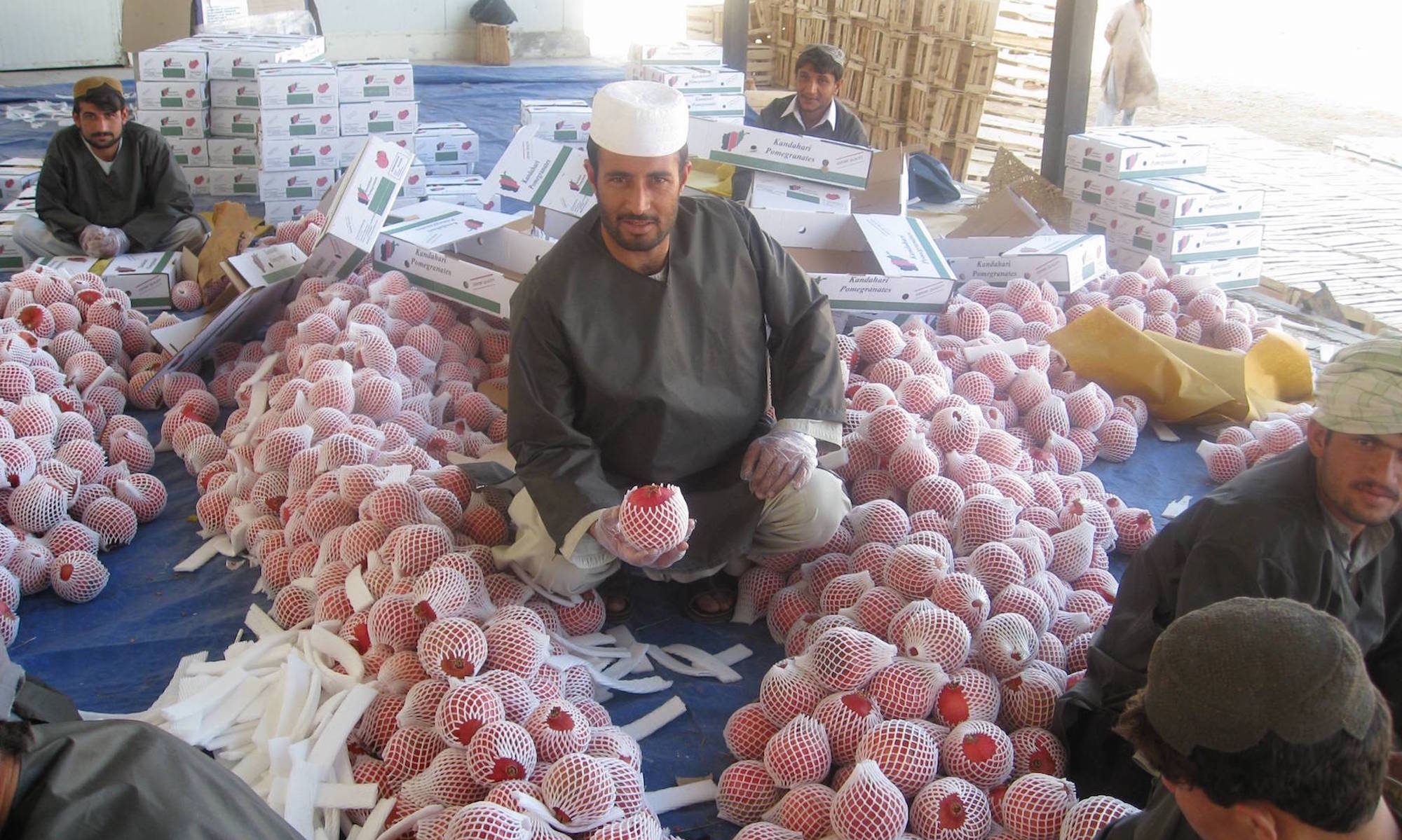The article identifies how the nexus between democracy, security, humanitarianism and development was built up from the 1990s. It analyses how the discourse of post-conflict peacebuilding has emerged as a notable component of a liberal democratic international order. The article argues that the transformations in peacekeeping operations depend upon a specific spatiotemporal combination ? a cleavage between a global and a humanitarian space and the temporality of development. For South American countries, participation in peacekeeping operations became a way to assert themselves as participants of a liberal democratic international order and a reflexive mode to strengthen the process of transformation of their own societies in order to be integrated into a new global cartography.

INSCT Postconflict Research Database
The Institute for National Security and Counterterrorism's Postconflict Research Database & Analysis Project stores cross-indexed bibliographic information on hundreds of journal articles, books, book chapters, and case reports that address the broad, interdisciplinary fields of postconflict reconstruction, stabilization, and peacebuilding.